Amber returns for Part 2 of all things Carnivore and continues to answer listener questions.
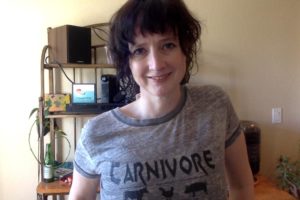
Amber O’Hearn, M.Sc., is a data scientist by profession with a background in math, computer science, linguistics, and psychology. She has been studying and experimenting with ketogenic diets since 1997, and more recently writing and speaking about her findings. Her review on the evolutionary appropriateness and benefit of weaning babies onto a meat-based, high fat, low carb diet, was included as testimony defending Tim Noakes in his recent trial. Amber has been eating a carnivorous diet for over 8 years.
- Eclectic explorations on the science of ketogenic diets: www.ketotic.org
- Person blog, mostly on experiences with carnivory: www.empiri.ca
- Support Amber on Patreon! https://www.patreon.com/l_amber_ohearn
- Twitter: @KetoCarnivore
- Facebook: https://www.facebook.com/ketogenicdietforhealth/
- List of videos, podcasts, lectures, interviews: http://www.ketotic.org/p/talks-podcasts.html
Articles mentioned:
Intermittent metabolic switching, neuroplasticity and brain health
Mark P. Mattson, Keelin Moehl, Nathaniel Ghena, Maggie Schmaedick& Aiwu Cheng
Nature Reviews Neuroscience volume 19, pages 63–80 (2018)
https://www.nature.com/articles/nrn.2017.156
Sodium, Nutritional Ketosis, and Adrenal Function
Stephen Phinney, MD, PhD Jeff Volek, PhD, RD on December 14, 2017
https://blog.virtahealth.com/sodium-nutritional-ketosis-keto-flu-adrenal-function/
Amber’s lecture at Breckenridge:
https://lcb18.sched.com/event/D7Im/ketosis-without-starvation-the-human-advantage
Ketosis without starvation: the human advantage
Ketosis is a natural physiological state when fasting. Many species make use of a ketogenic metabolism under conditions of food shortage, and because of this, some researchers call a ketogenic diet a “fasting mimicking diet”. What is less often appreciated is that ketosis naturally arises in other contexts. Many mammals use ketones during gestation and suckling, breastfeeding human infants among them. The reason appears to be connected to brain growth; ketone bodies provide both fuel and raw material for growing brains. Humans have exceptionally large and complex brains, and our brains continue to grow long past weaning, with structural changes continuing into adulthood. Interestingly, we also have an unparalleled ability to achieve and maintain ketosis even when energy and protein needs are met and greatly exceeded, so long as carbohydrate intake is minimised. This ability is particularly pronounced in childhood. For this unusual trait to have developed, there must have been a selective advantage and pressure to maintain ketosis even when gluconeogenic substrate was available. In this presentation, I will review evidence for this trait and its uniqueness, its connection to brain evolution and health, and implications for ketogenic diets.
The end quote from this week’s show is from Fran Lebowitz:
“My favourite animal is steak.”

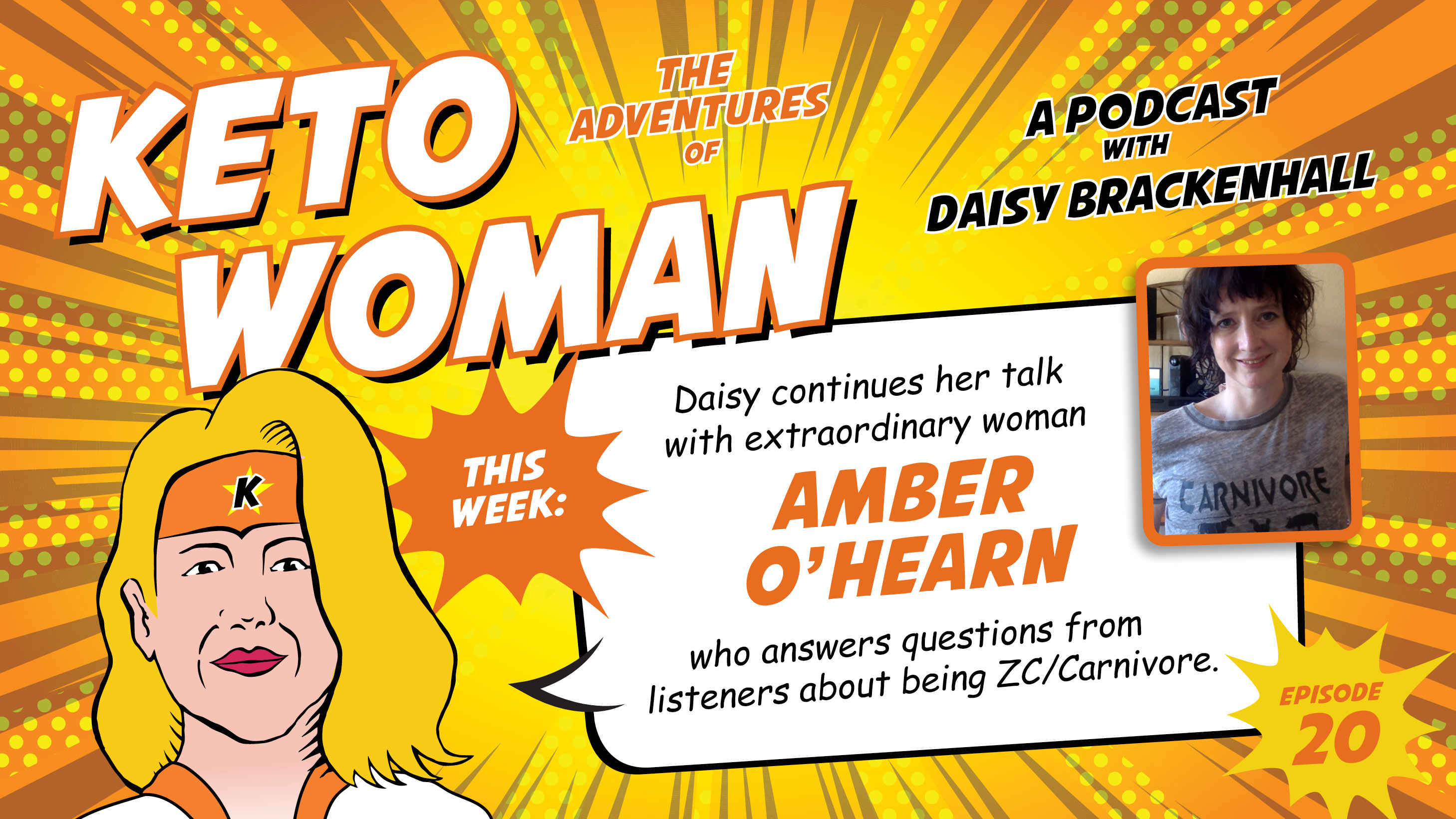
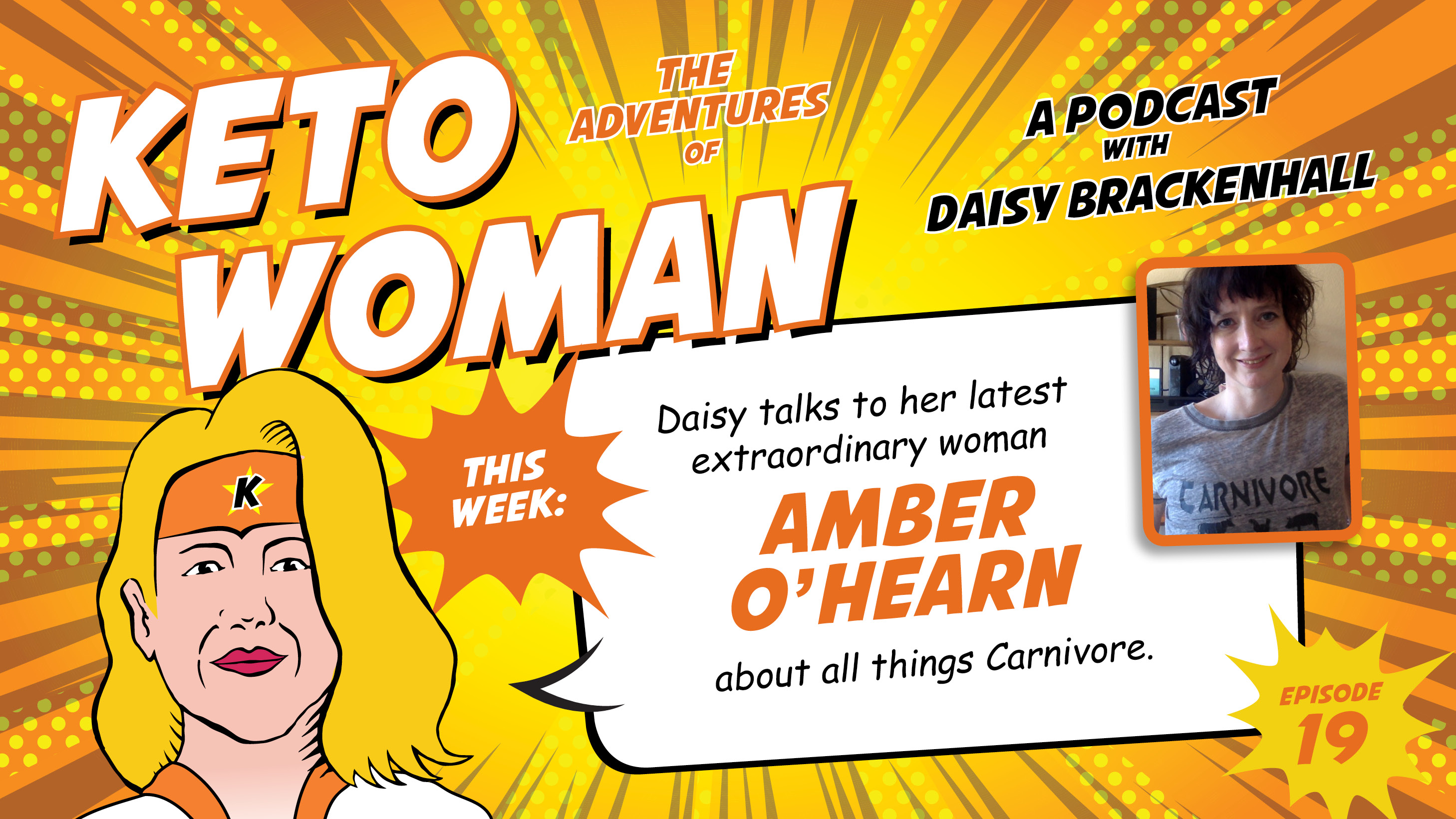
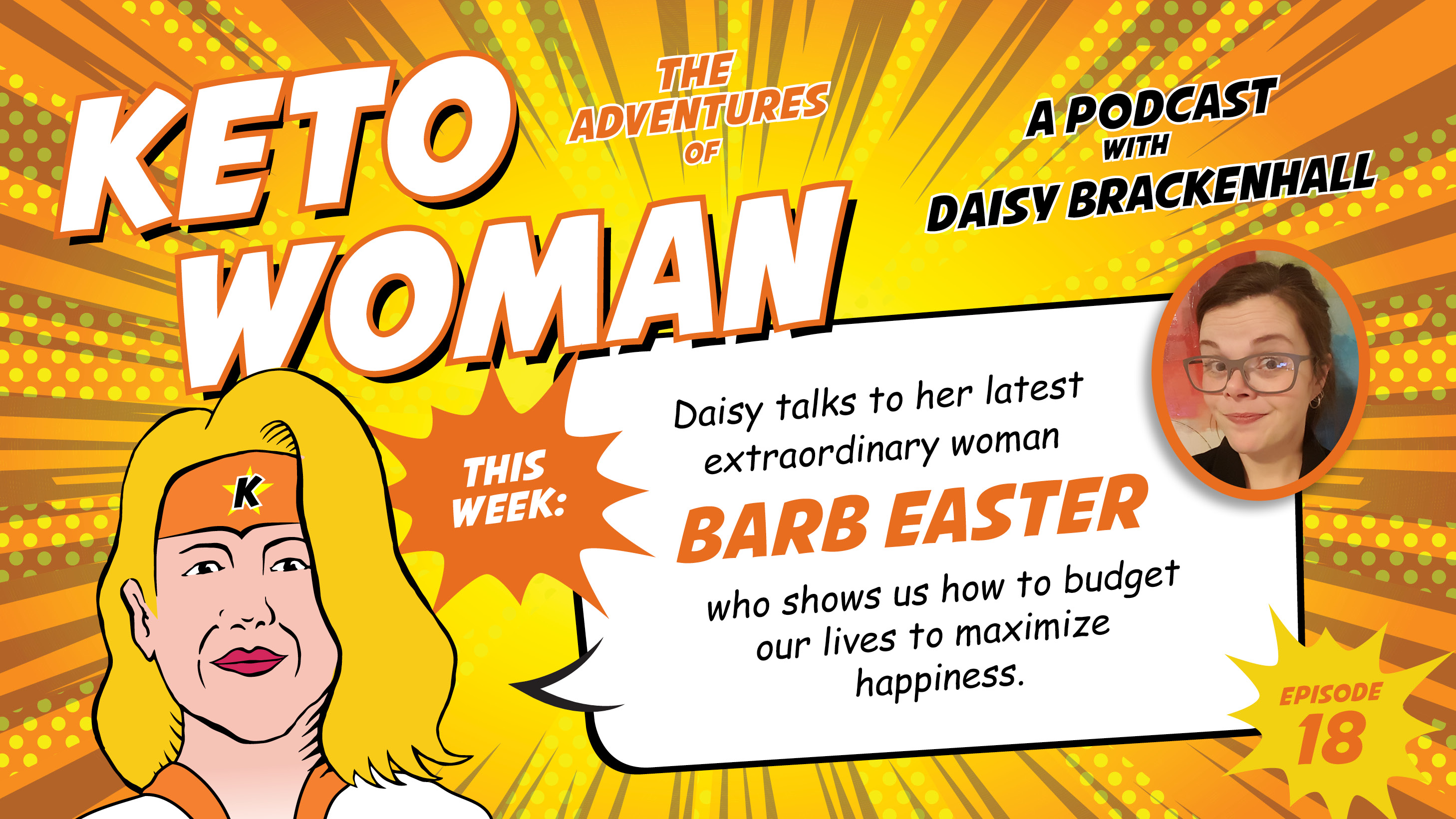
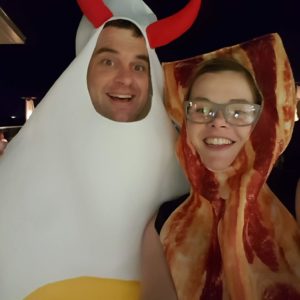
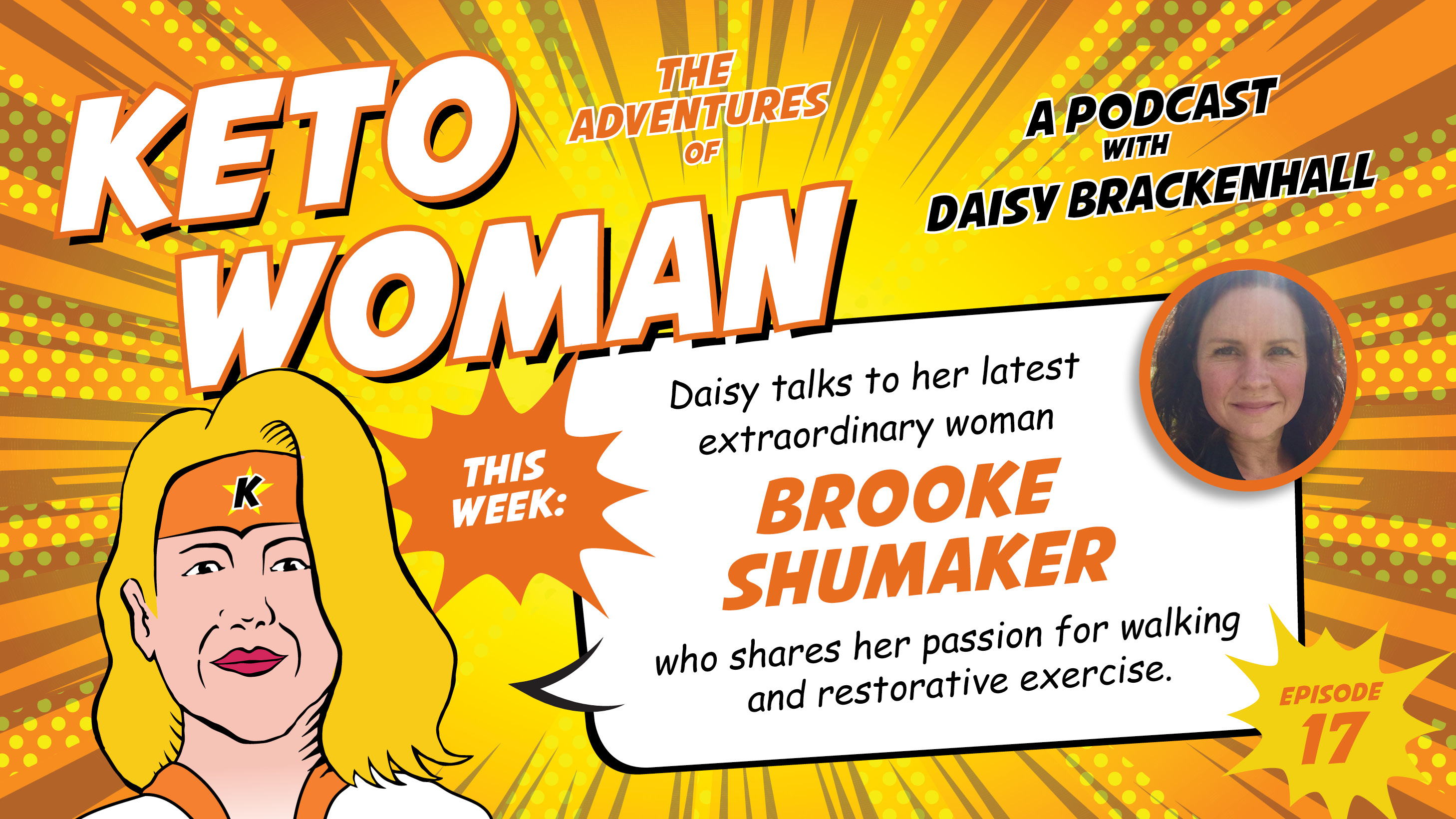
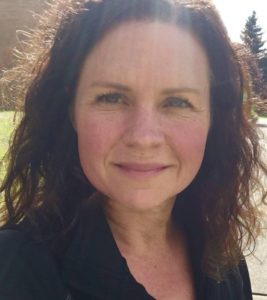
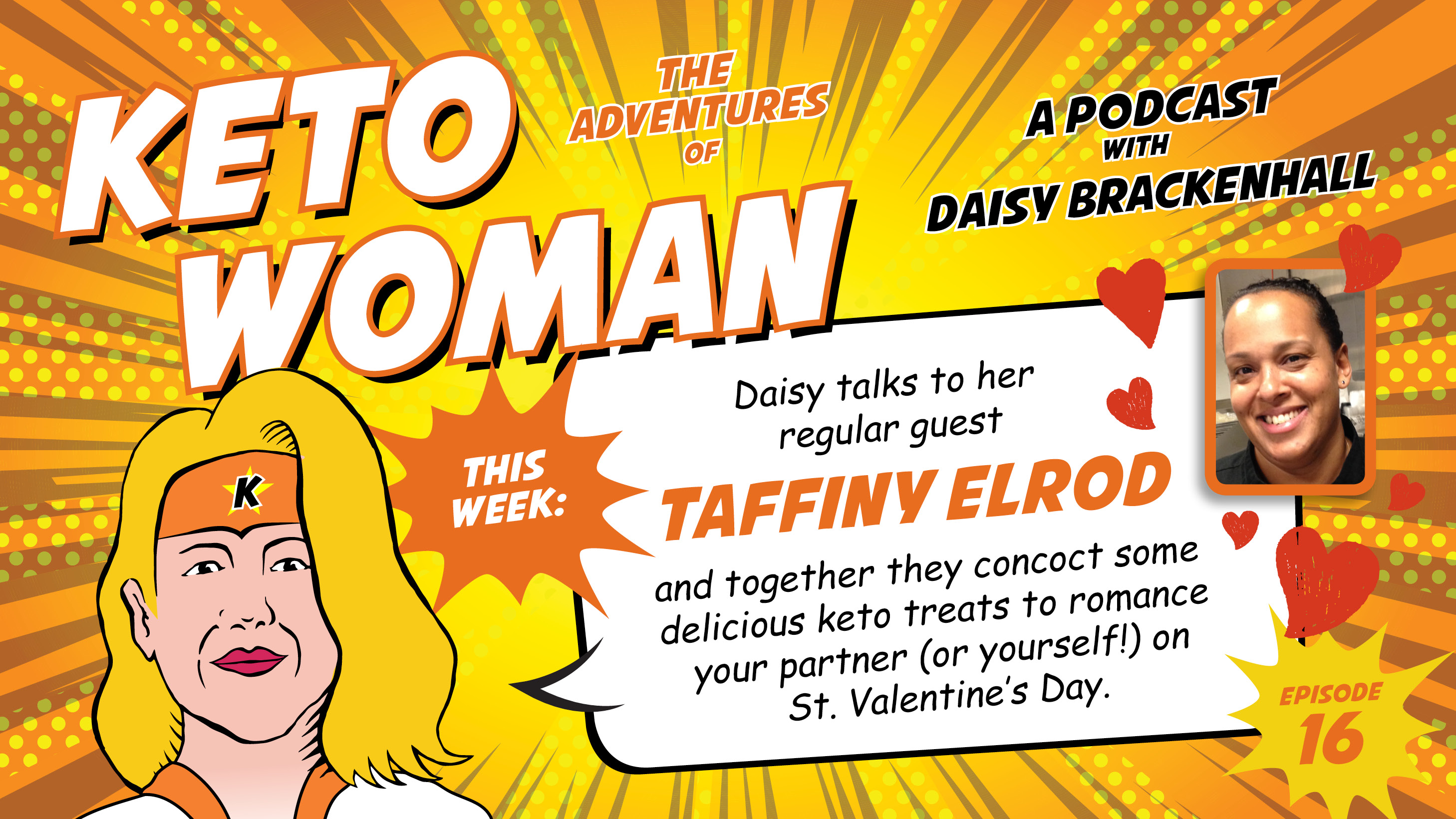

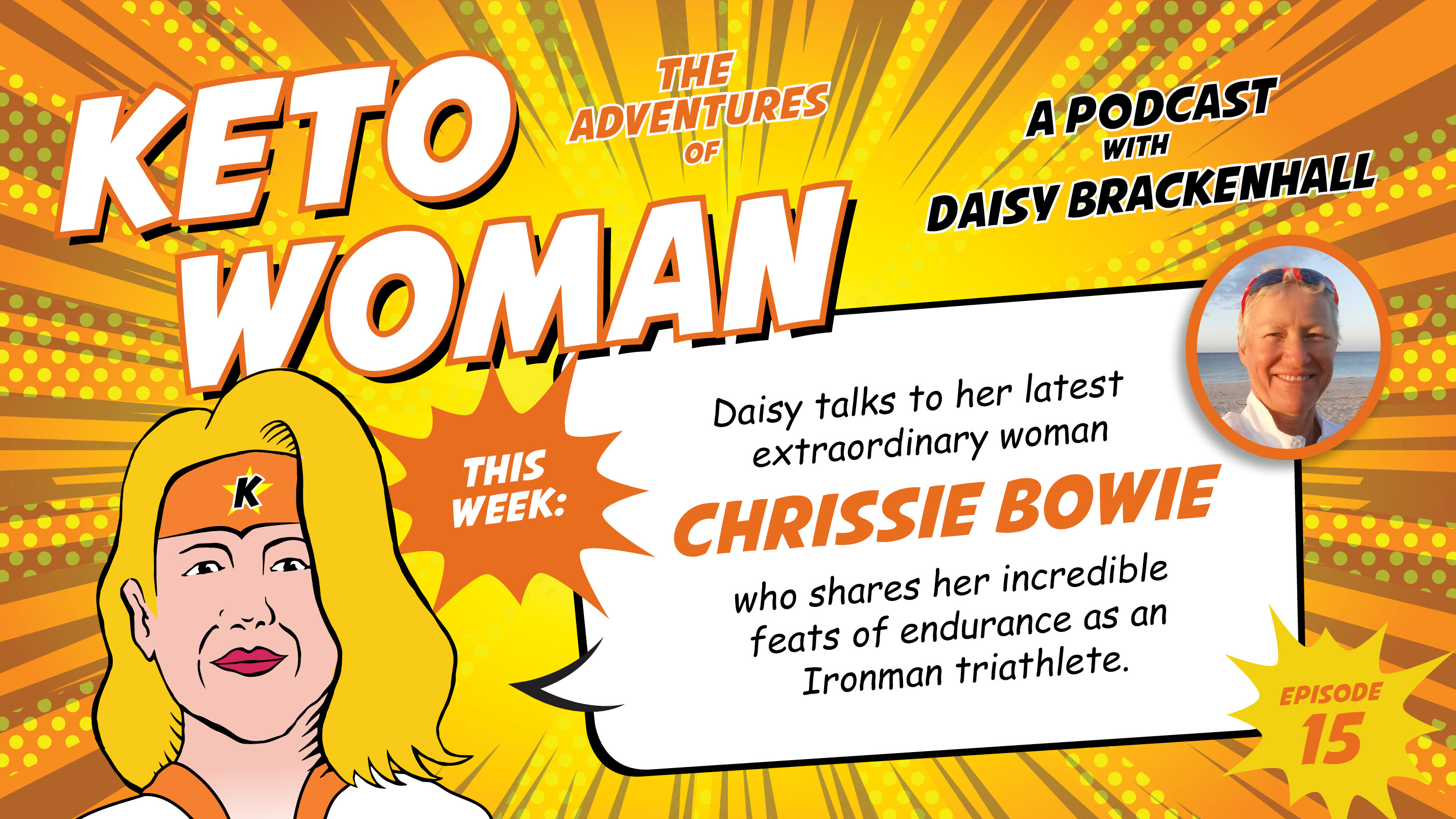
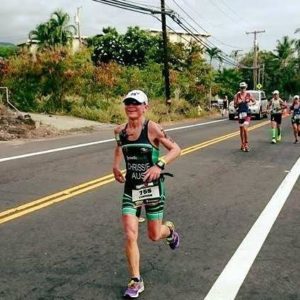 Chrissie is a 51 year old triathlete successfully competing within her age group and specialising in the longer course events. She is a high school teacher as well as teaching taekwondo and also trains in hapkido and kumdo. She has two beautiful, grown up daughters.
Chrissie is a 51 year old triathlete successfully competing within her age group and specialising in the longer course events. She is a high school teacher as well as teaching taekwondo and also trains in hapkido and kumdo. She has two beautiful, grown up daughters.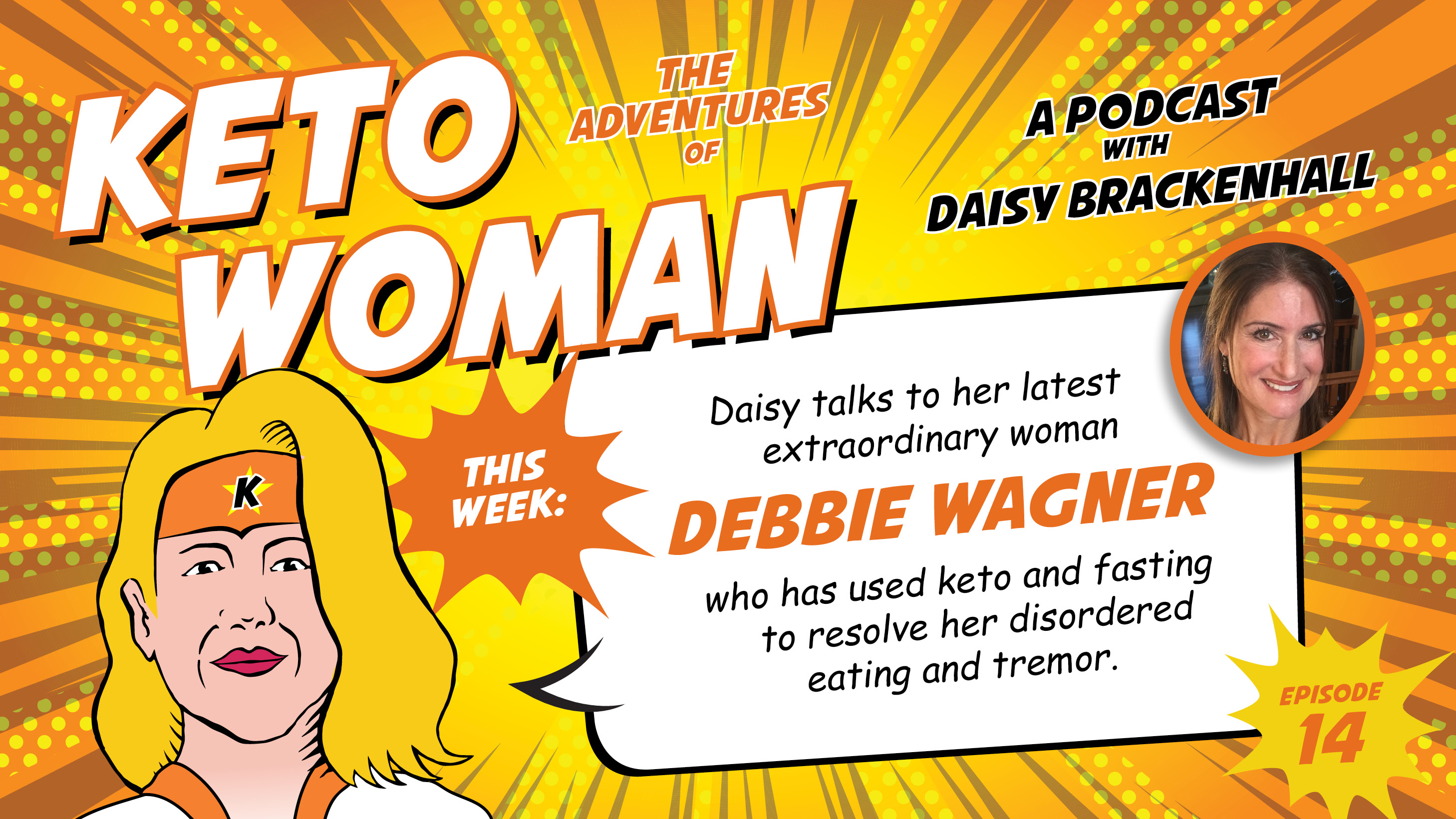
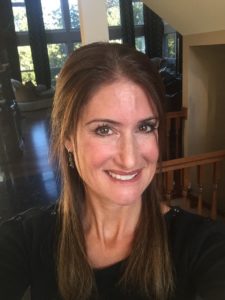
 The recipe for the mushroom bread Debbie talks about on this week’s podcast can be found
The recipe for the mushroom bread Debbie talks about on this week’s podcast can be found 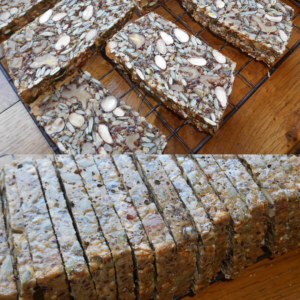
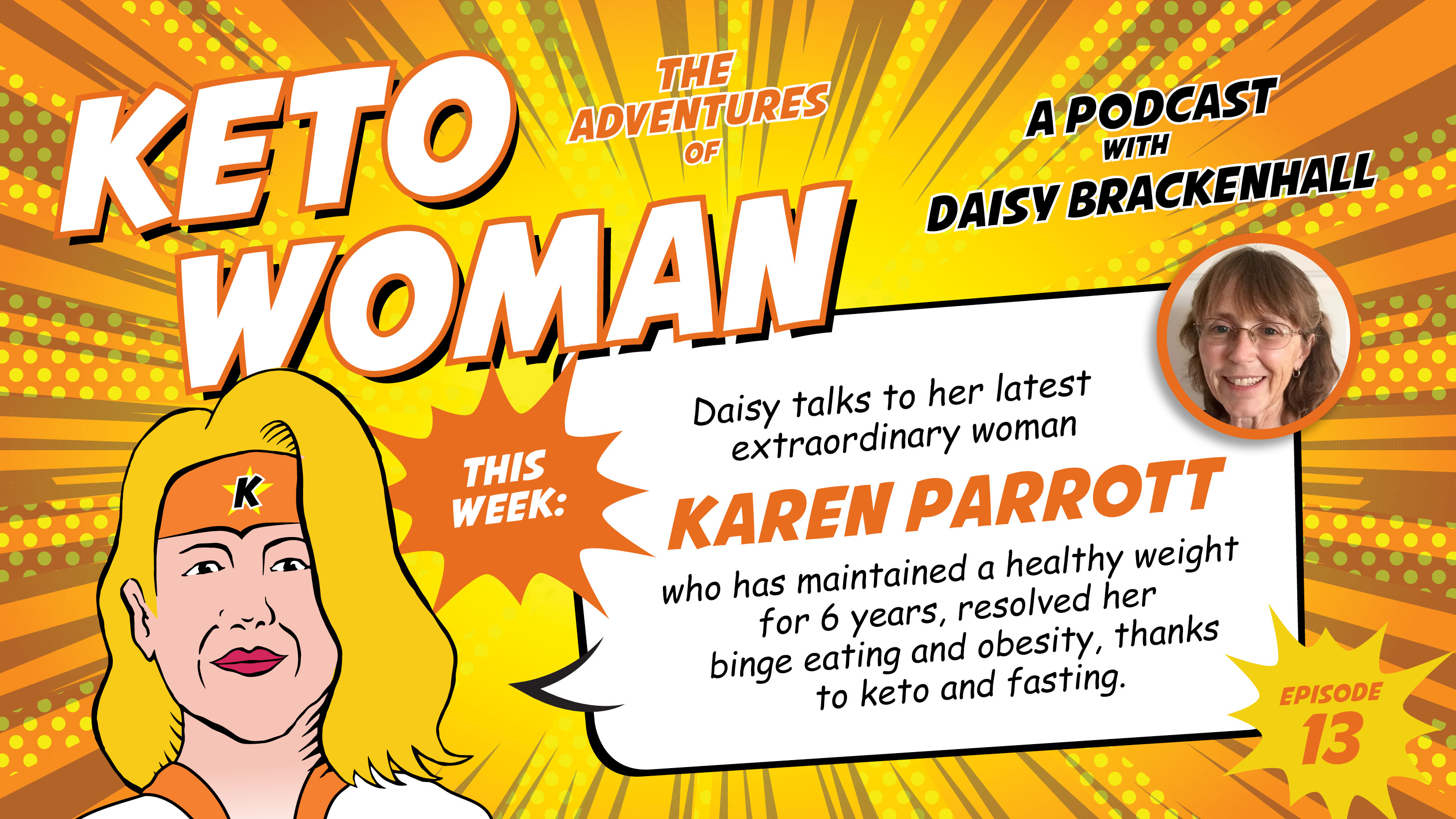

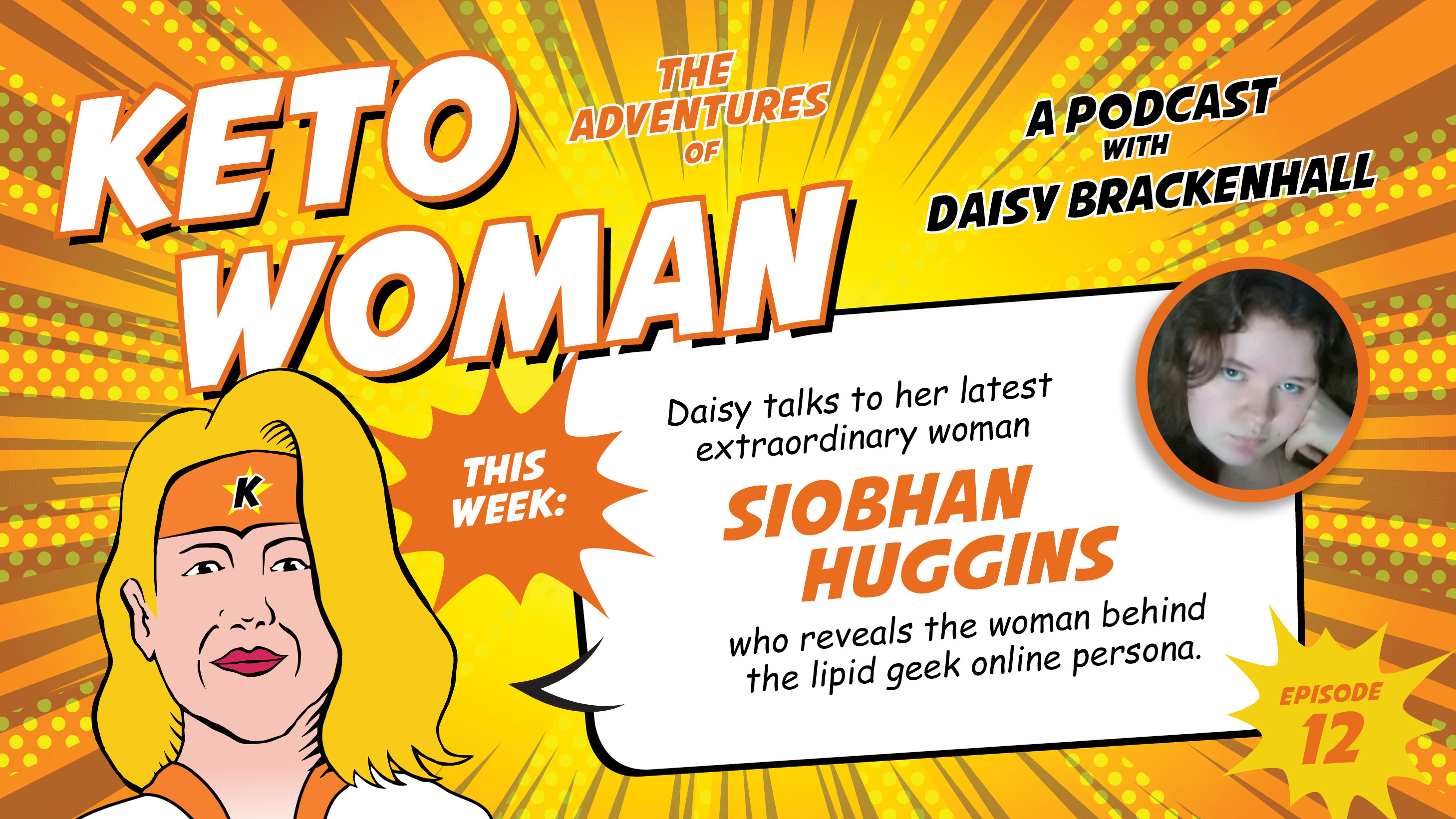

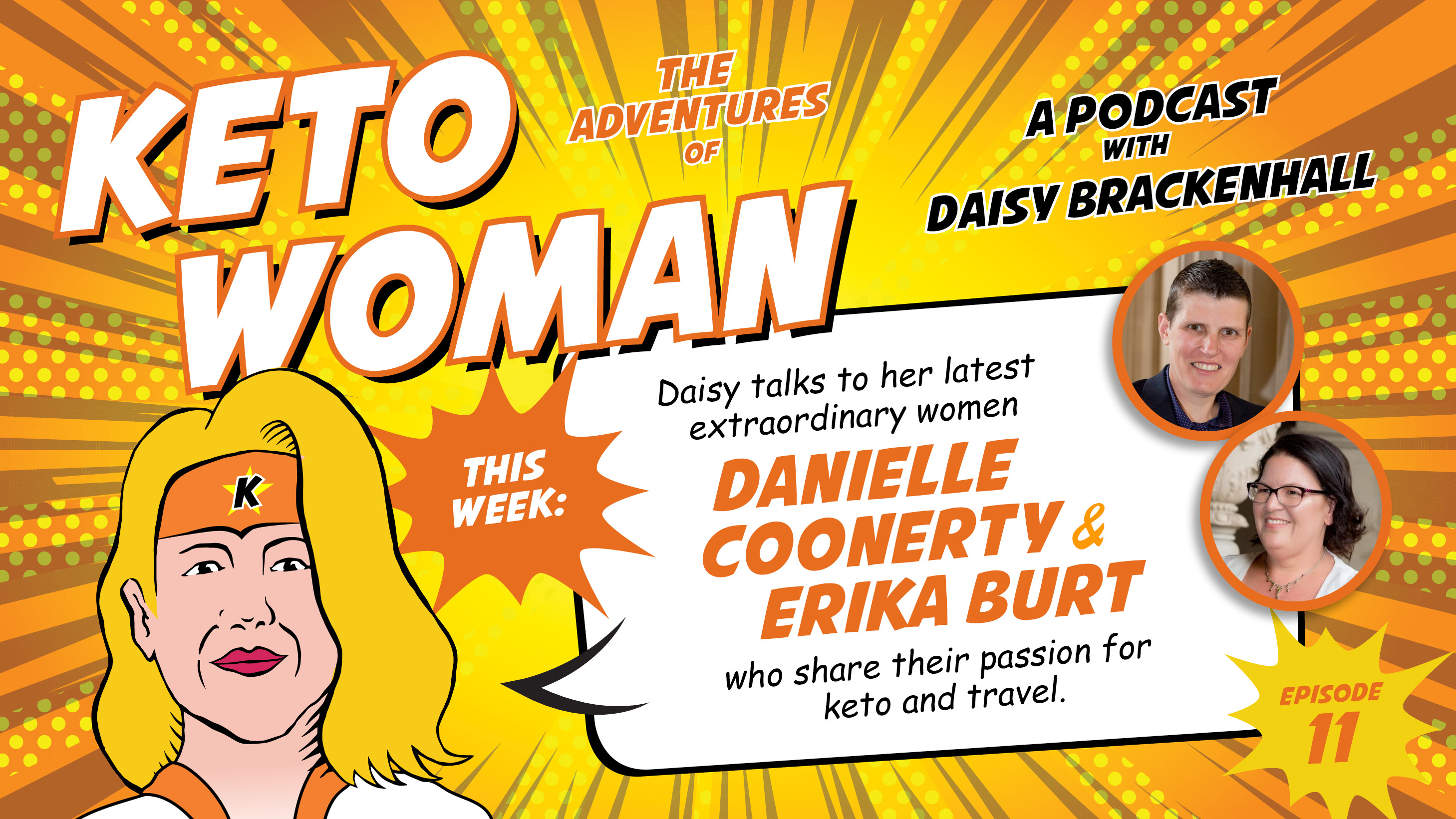
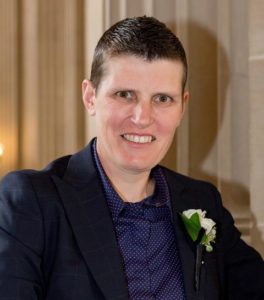 Dan grew up in a family of 6 with a tight budget and bread as part of every meal. She played soccer up to the age of 30 but started to find playing much more difficult after puberty and gaining weight. She has now found a new venture in crossfit and loves the community aspect of it.
Dan grew up in a family of 6 with a tight budget and bread as part of every meal. She played soccer up to the age of 30 but started to find playing much more difficult after puberty and gaining weight. She has now found a new venture in crossfit and loves the community aspect of it. 
